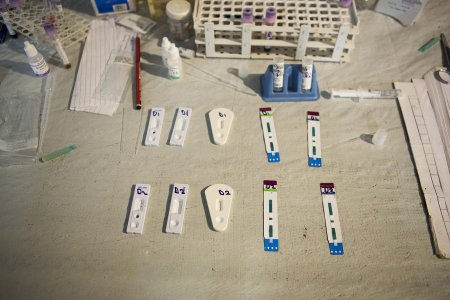
Attestation, an experiment of mass obedience
Nicolas Mariot & Théo Boulakia
On Thursday 29 February at 6.00pm, we welcomed sociologists Théo Boulakia and Nicolas Mariot, the authors of "L’Attestation. Une expérience d’obéissance de masse, printemps 2020".
"No population in the world stands to attention like that in 2-3 days", wrote Dr Jean-Hervé Bradol in an interview published in Médiapart three days after the start of the first lockdown in France during the Covid-19 pandemic. The people we work with often show us that, even in a health catastrophe, they are not prepared to change their habits at the simple request of the authorities. Moreover, aren't such requests a sign that health professionals have nothing else to offer (treatments, vaccinations, for example)?
During the 55 days of the first lockdown (17 March - 11 May 2020), 21 million checks were carried out in France in the name of the state of health emergency, and 1.1 million fines were imposed. Théo Boulakia and Nicolas Mariot explain that the massive surveillance inherent in French-style lockdown, presented as the only possible option, contrasts with other countries that have made less restrictive choices, sometimes with better results. For the authors, the decision by States to confine is ultimately "less the product of good intentions than of old habits" of authoritarianism specific to the history of each country.
As a citizen faced with an unprecedented event, why obey? How far should you accept having your freedom curtailed? Drawing on a variety of sources, including the survey "Life in confinement" (Vico), a survey distributed online at the very moment of the first lockdown, to which 16,000 people responded, Théo Boulakia and Nicolas Mariot deal with these questions in a practical way. They define six categories of individuals: the claustrated, the legalists, the exemplary, the unconcerned, the refractory and the protestors in the face of this "largely unprecedented experience of mass obedience". The reader learns about the frequency of denunciations and the specific nature of lockdown for women.
More information : here
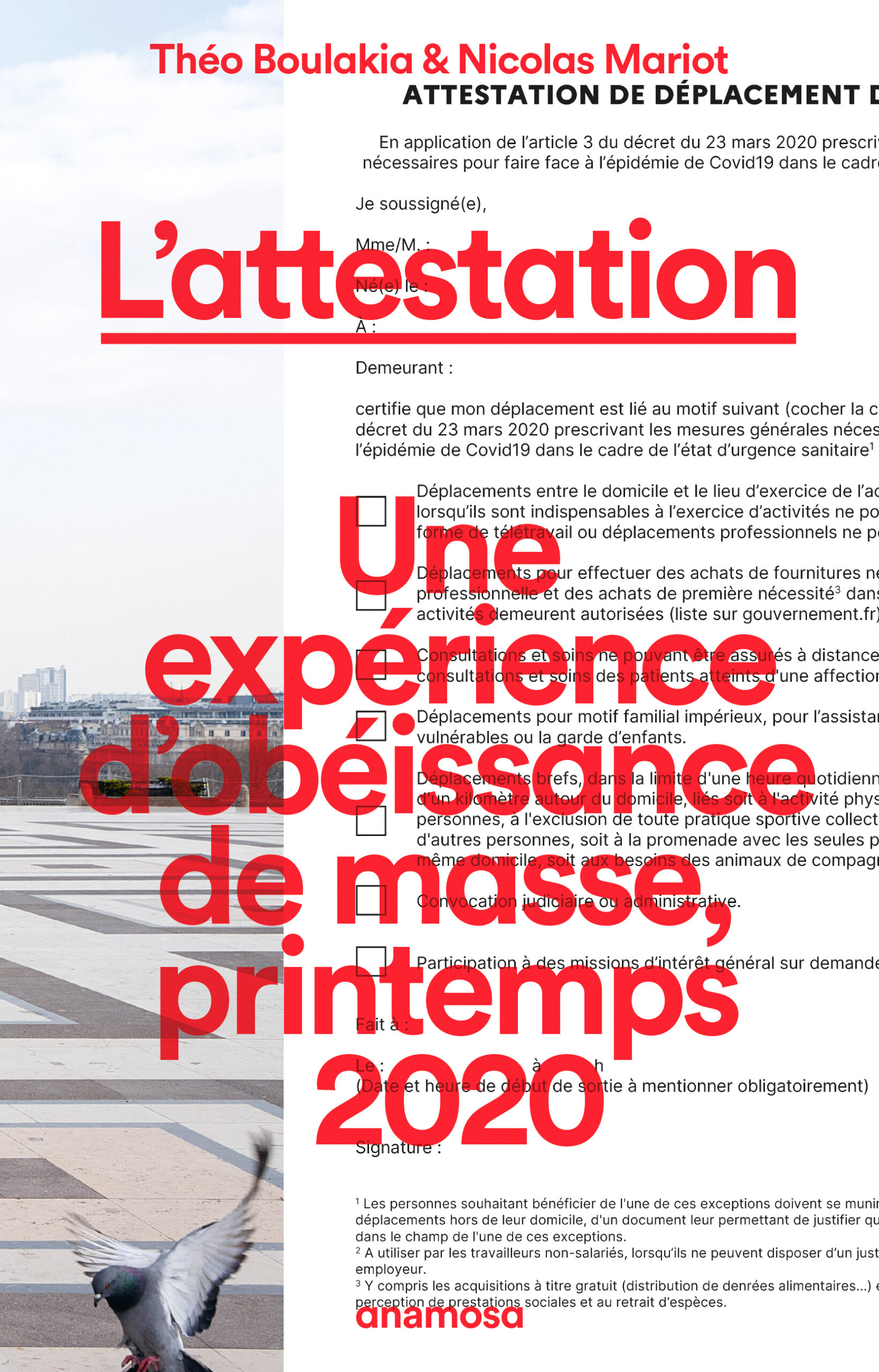
To cite this content :
Nicolas Mariot, Théo Boulakia, “Attestation, an experiment of mass obedience”, 29 février 2024, URL : https://msf-crash.org/en/conferences-debates/attestation-experiment-mass-obedience
If you want to criticize or develop this content, you can find us on twitter or directly on our site.
ContributePast events
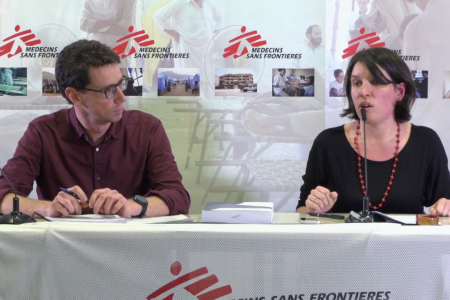 Conference
Conference
Healing foreigners in France: The State and the civil society organisations from the 80s to the 90s
12/17/2018 - 05:00 PM 07:00 PMThe CRASH team invited you to the debate-conference “Healing foreigners in France: The State and the civil society organisations from the 80s to the 90s” on Monday 17th of December 2018 from 6 to 8pm, in the 1rst floor room at the 8 rue Saint-Sabin. We hosted Caroline Izambert, who recently defended, at the EHESS, her PhD thesis focusing on the foreigners’ access to healthcare in France. Her title: “Heal foreigners?” The State and the civil society organisations for the health coverage of the poor and foreigners in France from the 1980s to the present day.
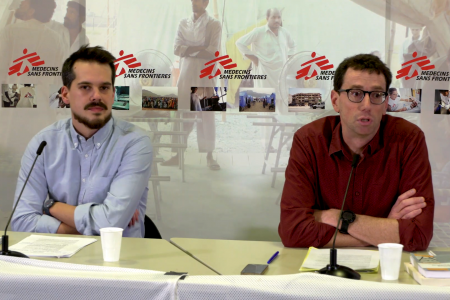 Conference
Conference
Borders and Hospitality
11/26/2018 - 05:00 PM 07:00 PMConference/debate with Benjamin Boudou, political scientist and researcher at the Max Planck institute.
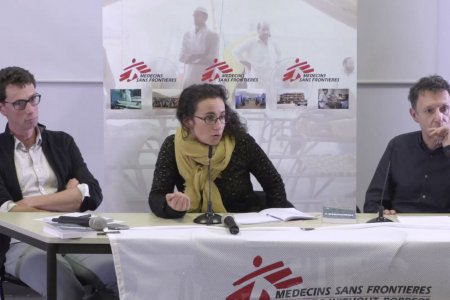 MSF-Crash
Conference
MSF-Crash
Conference
Immunization: new perspectives on vaccines - Conference with Lise Barnéoud
12/05/2017 - 05:00 PM 07:00 PMWho profits from vaccination? Individuals? Society? Companies? Is vaccination efficient? Is it dangerous? Profitable? What are the factors influencing public opinion in this domain? Lise Barnéoud, science journalist and author of Immunisés ? Un nouveau regard sur les vaccins, has engaged in an investigation revealing multiple - and sometimes contradictory - realities observed in the French vaccination sector. She has carried out her investigation from three distinct viewpoints: the one of a mother who needs to decide whether to vaccinate her children or not; of a journalist leading an enquiry; and of a scientist analyzing how facts are built.
Lise Barnéoud was a Crash guest speaker at a conference on vaccination held on December 5, 2017. A discussion with Epicentre, Crash and the MSF Medical Department allowed us to exchange views on vaccinal policy, which remains a cornerstone of MSF operations and a recurring subject of discussion and controversy.
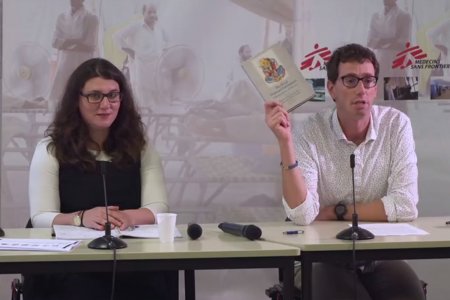 MSF
Conference
MSF
Conference
Humanitarian anthropology : conference with Sharon Abramowitz
10/23/2017 - 04:00 PM 06:00 PMSharon Abramowitz is an anthropologist and a visiting researcher at the Department of Anthropology at Rutgers University, co-editor of recently published Medical humanitarianism. Ethnographies of practice. She has devoted much of her work to responding to epidemics - most recently in Ebola, and in West Africa, Liberia in particular.
During the conference organized by MSF-Crash on 23 October 2017, she discussed the contribution of medical anthropology to humanitarian action as well as her latest book and most recent projects.
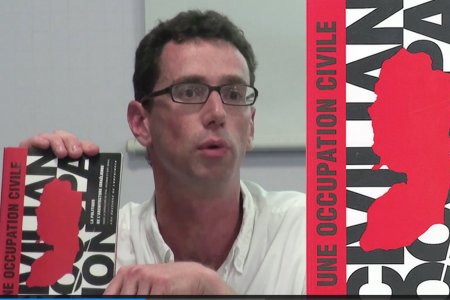 Conference
Conference
Eyal Weizman - Forensic Architecture at work
02/15/2016 - 06:00 PM 08:30 PMEyal Weizman, the founder of « Forensic Architecture » at the Goldsmiths College (University of London) came to present the project as well as a number of his works at a MSF - Crash conference organised at MSF.
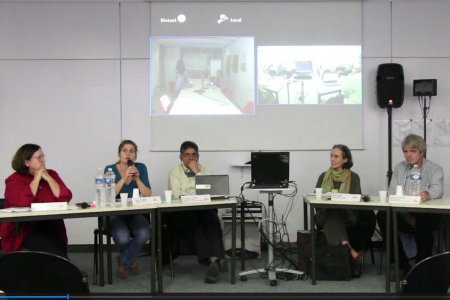 Conference
Conference
The polio eradication campaign put to test
02/04/2014 - 12:30 PM 06:30 PMThe polio eradication campaign has indeniably and remarkably succeeded in tumbling down the number of polio cases worldwide. But difficulties currently faced by the Programme -pockets of social resistance in several countries, reinfection of some countries, outbreak of epidemics associated with strains of vaccine-derived polio viruses- indeed challenge one of the main assumptions underlying the objective of the eradication itself : the full compliance of an entire population to a public health program.

